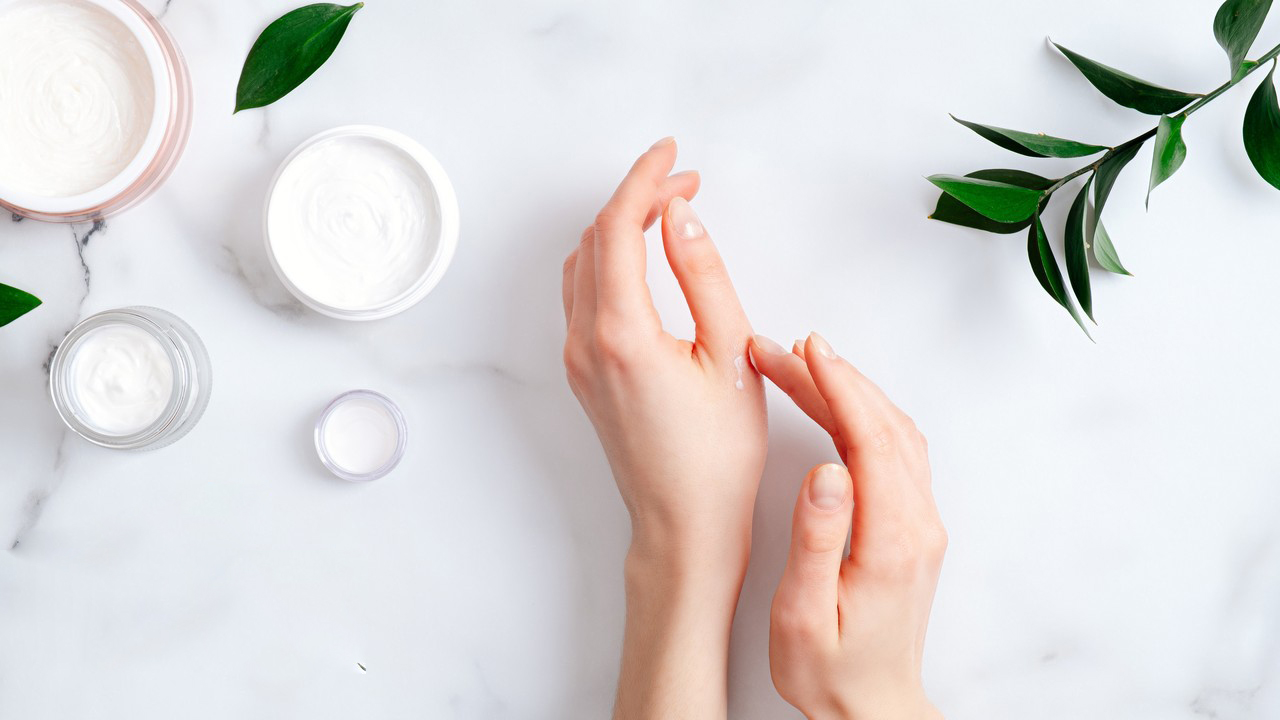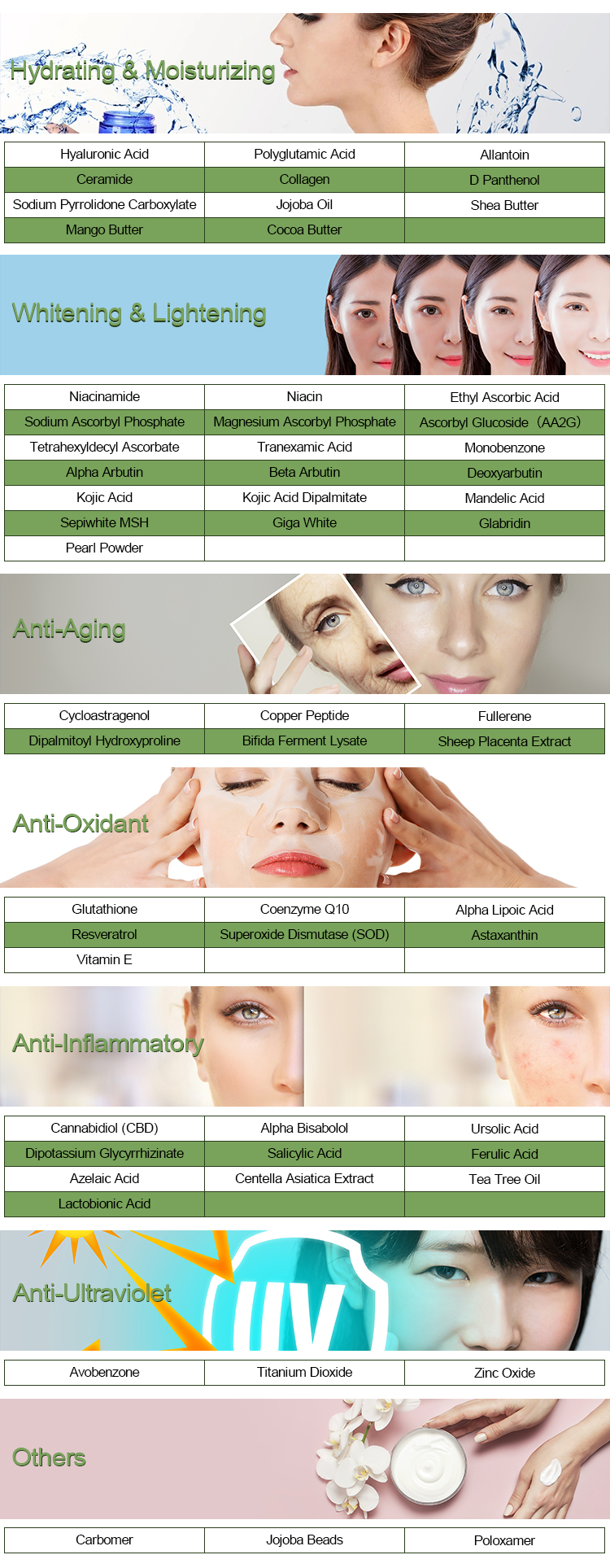As of my last update in September 2021, Beta Arbutin is a commonly used skincare ingredient known for its skin-brightening and lightening properties. It is a derivative of hydroquinone and a natural alternative to the latter, which is a potent skin lightener but can have potential side effects.
The comparability of Beta Arbutin refers to its effectiveness and safety compared to other skin-lightening agents. Here are some key points to consider:

- Effectiveness: Beta Arbutin is known to be effective in inhibiting tyrosinase, an enzyme responsible for melanin production. By doing so, it helps to reduce the appearance of dark spots, hyperpigmentation, and uneven skin tone. However, its effectiveness may vary depending on the individual’s skin type, the concentration used, and other factors.
- Safety: Beta Arbutin is generally considered safe when used at appropriate concentrations in skincare products. Unlike hydroquinone, it is believed to have a lower risk of causing skin irritation or side effects, making it a preferred choice for those seeking a safer alternative to address hyperpigmentation concerns.
- Comparing to Hydroquinone: Hydroquinone is a more potent skin lightener and may provide faster results in reducing hyperpigmentation. However, it is a prescription-strength ingredient in some countries due to potential side effects, such as skin irritation, sensitivity, and ochronosis (a bluish-black discoloration of the skin).
- Comparing to Alpha Arbutin: Alpha Arbutin is another popular derivative of hydroquinone commonly used in skincare products. While both Alpha and Beta Arbutin work to inhibit tyrosinase, some studies suggest that Beta Arbutin may penetrate the skin more effectively, potentially enhancing its efficacy.
- Synergy with other Ingredients: Beta Arbutin is often combined with other skin-brightening agents, antioxidants, and moisturizing ingredients in skincare formulations to enhance its effects and provide a comprehensive solution to address pigmentation issues.
As with any skincare ingredient, individual experiences may vary, and it’s essential to consider factors like skin type, sensitivity, and the overall formulation of the product being used. If you’re considering using Beta Arbutin or any other skin-lightening ingredient, it’s always a good idea to consult a dermatologist or skincare professional to determine the most suitable approach for your specific needs. Additionally, remember to use sunscreen daily, as unprotected sun exposure can exacerbate hyperpigmentation issues.
Pharmacological action of Beta Arbutin
As of my last update in September 2021, beta-arbutin is a compound that has been studied for its potential pharmacological effects in the field of skincare and cosmetics. It is a natural derivative of hydroquinone and is found in several plant sources, including bearberry plants (Arctostaphylos uva-ursi) and cranberries.
The main pharmacological action of beta-arbutin is its skin-lightening or depigmenting effect. This is due to its ability to inhibit the activity of the enzyme tyrosinase, which is involved in the production of melanin (the pigment responsible for skin color). By inhibiting tyrosinase, beta-arbutin can help reduce the formation of melanin, leading to a gradual lightening of the skin and a potential reduction in the appearance of dark spots or hyperpigmentation.

It’s important to note that beta-arbutin is considered a milder alternative to hydroquinone, a potent skin-lightening agent that has been associated with some adverse effects when used in high concentrations or for prolonged periods. Beta-arbutin is believed to have a lower risk of causing skin irritation or sensitivity.
It’s crucial to use skincare products containing beta-arbutin under the guidance of a dermatologist or healthcare professional. Additionally, the efficacy and safety of any skincare product depend on its formulation, concentration, and individual skin type. Always perform a patch test before using any new product on a larger area of your skin, especially if you have sensitive skin or a history of allergies.
As with any skincare ingredient, new research or updates may have emerged beyond my last update, so it’s a good idea to consult more recent sources for the latest information on beta-arbutin.
